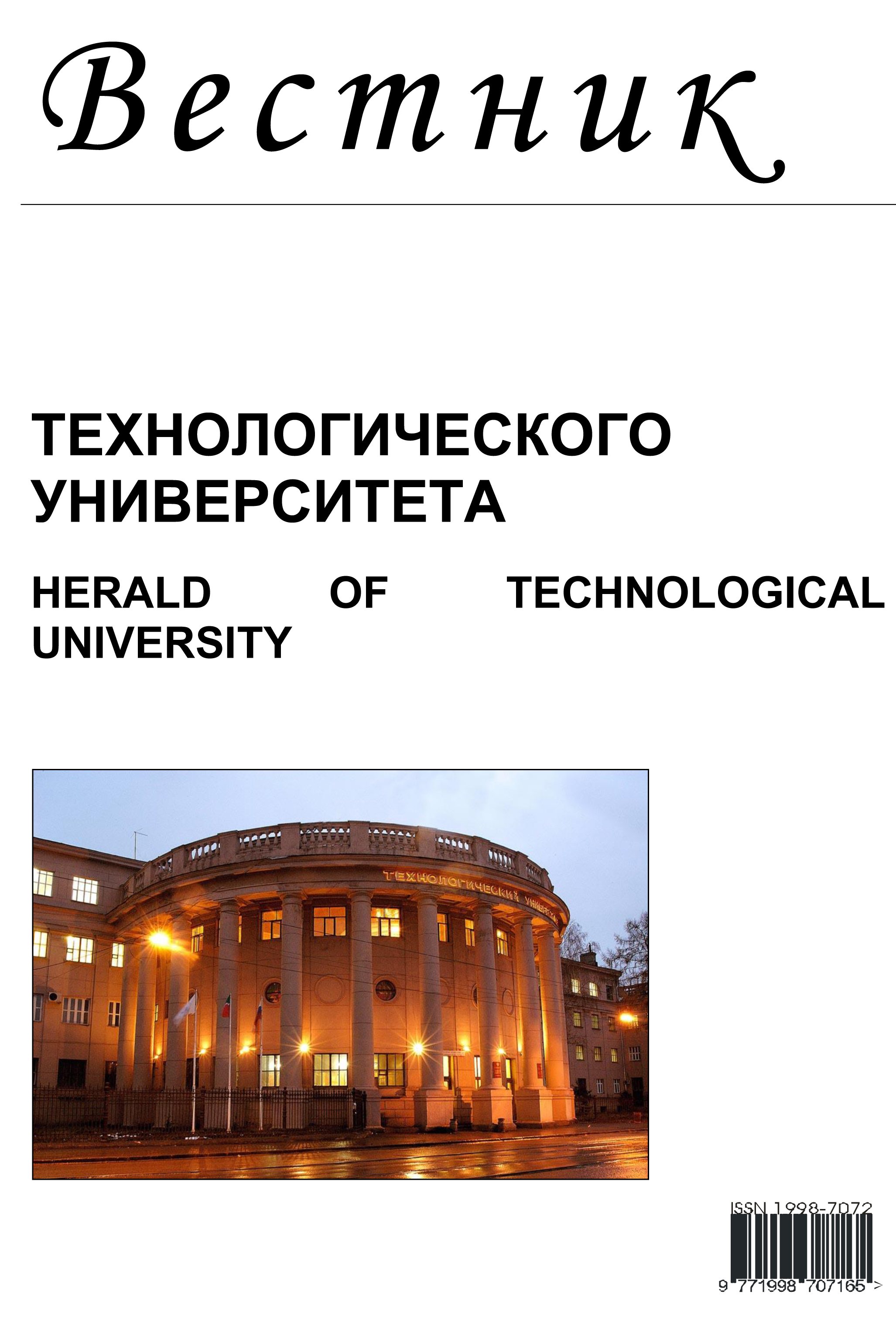graduate student from 01.01.2021 to 01.01.2024
Kazan National Research Technological University (polymer materials processing laboratory, engineer)
graduate student from 01.01.2024 to 01.01.2024
Kazan, Kazan, Russian Federation
Bioresorbable (or resorbable) polymers have a unique ability to be resorbed in the human body. This feature is especially valuable for clinical cases where temporary support of damaged tissues (bones, blood vessels, etc.) is required during the healing period of the defect. Polylactic acid (PLA) is widely used to make temporary implants (bone plates and screws, stents, etc.). However, polylactic acid is a fairly brittle material, which creates difficulties when using it in products that require plastic deformation at high stress levels. In recent years, interest has increased in such a biodegradable material as polybutylene succinate (PBS). PBS is a flexible and elastic polymer, whose deformation at break can reach up to 330%. Due to its mechanical characteristics and biodegradability, the properties of PBS for biomedical applications are currently being actively studied. This paper studies the properties of PLA and PBS-based composites, as well as the role of PBS in improving the deformation characteristics of PLA and the effect of in vitro degradation on the physical and mechanical properties of the resulting composites. Based on the results of physical and mechanical tests, it was found that the introduction of 20 parts by weight of PBS to polylactic acid significantly increased the relative elongation of the composite (by 33.5 times). Accelerated degradation reduces the resistance of the polymer to load, and the strength after degradation becomes lower. Based on the results of accelerated degradation, the introduction of polybutylene succinate slightly increases the mass loss of the composites, and the more PBS in the composite, the greater the mass loss of the composite.
POLYLACTIC ACID, POLYBUTYLENE SUCCINATE, IMPLANT, BIORESORBABLE, DEGRADATION









